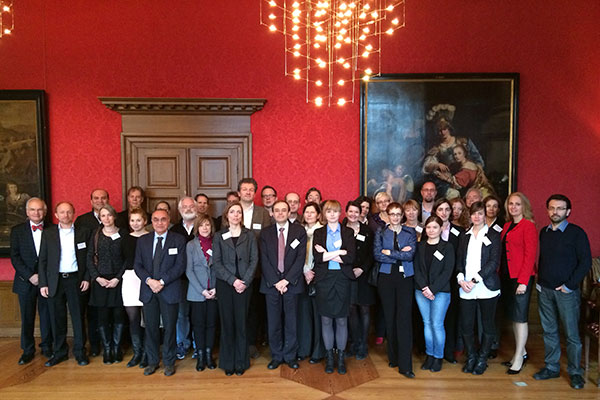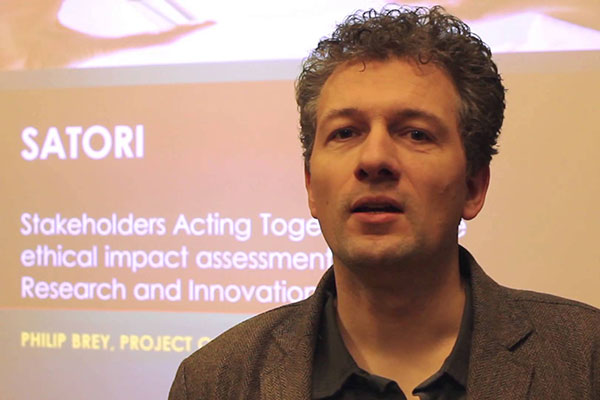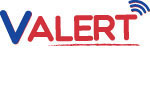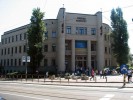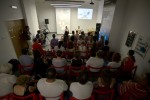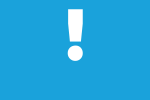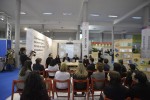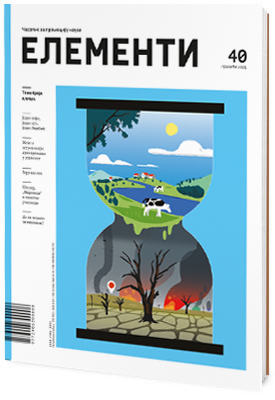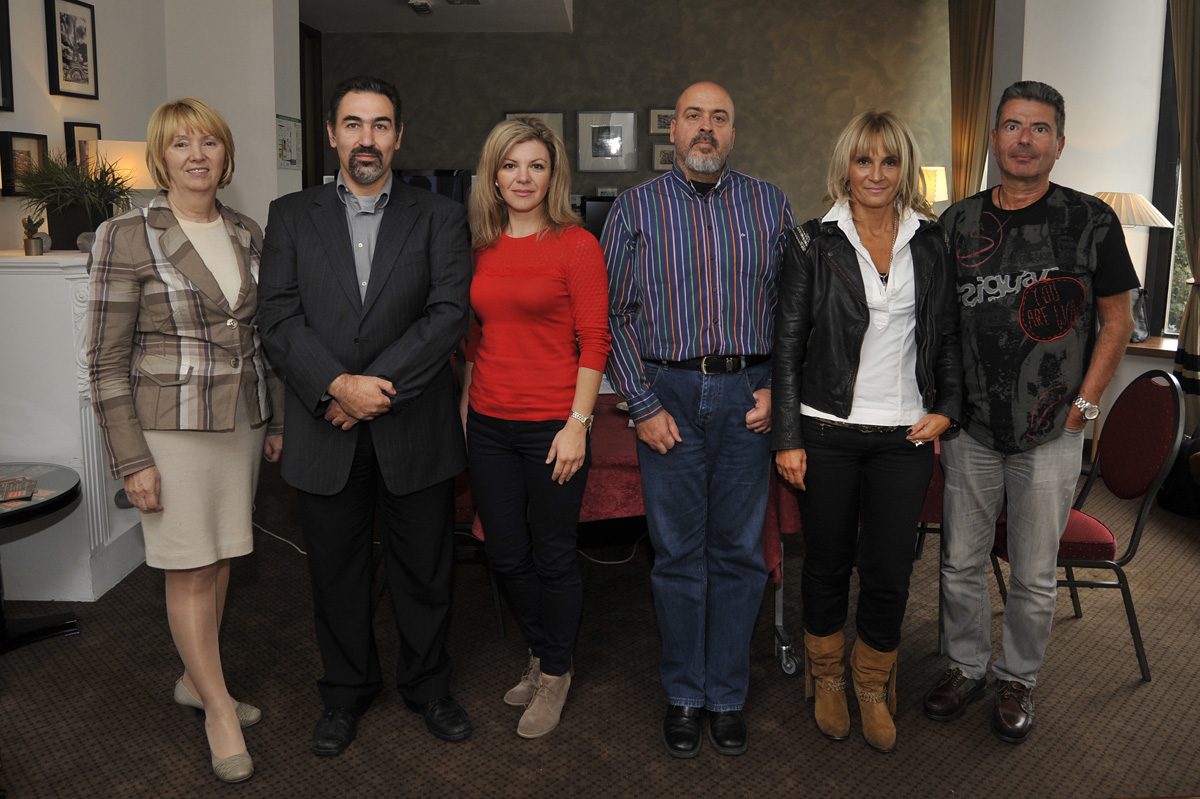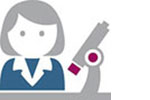Satori – Stakeholders Acting Together On the Ethical Impact Assessment of Research and Innovation) 2014-2017[:]
Project facts:
Start/End date:
01/2014 – 08/2017
Duration:
45 months
Website:
Coordinator:
UNIVERSITEIT TWENTE, The Netherlands
Partners:
- UNIVERSITEIT TWENTE, The Netherlands
- DE MONTFORT UNIVERSITY, Great Britain
- TRILATERAL RESEARCH & CONSULTING LLP, Great Britain
- Fonden Teknologirådet, Denmark
- Centar za promociju nauke, Serbia
- L’UNION EUROPEENNE DES ASSOCIATIONSDE JOURNALISTES SCIENTIFIQUES ASSOCIATION, France
- HELSINSKA FUNDACJA PRAW CZLOWIEKA, Poland
- TEKNOLOGIAN TUTKIMUSKESKUS VTT, Finland
- DIN DEUTSCHES INSTITUT FUER NORMUNG E.V., Germany
- ASSOCIAZIONE ITALIANA PER LA RICERCA INDUSTRIALE – AIRI, Italy
- INSTITUTO DE SALUD CARLOS III, Spain
- ZNANSTVENORAZISKOVALNI CENTER SLOVENSKE AKADEMIJE ZNANOSTI IN UMETNOSTI, Slovenia
- UNITED NATIONS EDUCATIONAL, SCIENTIFIC AND CULTURAL ORGANIZATION –UNESCO, France
- LINKOPINGS UNIVERSITET, Sweden
- ERICSSON TELECOMUNICAZIONI, Italy
- BUNDESKANZLERAMT DER REPUBLIK OESTERREICH, Austria
Advisory Board:
- Dr. Maurizio Salvi, Secretary of the Science and Technology Advisory Council (STAC)
- Prof. Dr. Med. Elmar Doppelfeld, Chair of the Board of the European Network of Research Ethics Committees (EUREC) and Chair of the Permanent Working Group of Medical Ethics Committees in Germany (AMEK).
- Anke Reinhardt, Director of Information Management at DFG (German Research Foundation) and Former Chair of the European Science Foundation (ESF) Member Organization Forum on the Evaluation of Publicly Funded Research
- Chiara Giovannini, MA, Senior Manager for Policy and Innovation at ANEC, the European Consumer Voice in Standardization
- George Gunn, BA, Division Head, Novartis Animal Health, and Head, Corporate Responsibility of Novartis
Project description:
SATORI is a 45-month project, comprising 16 partners from 13 countries, including an intergovernmental organization, the aim of which is to improve respect of ethics principles and laws in research and innovation, and to make sure that they are adequately adapted to the evolution of technologies and societal concerns. The partners will develop an ethics assessment framework for use by European institutions and organizations, based on thorough analysis, commonly accepted ethical principles, participatory processes and engagement with stakeholders, including the public, in Europe and beyond.
The project comprises 12 work packages, starting with a systematized inventory of current practices and principles in ethics assessment. WP2 reviews existing projects and identifies stakeholders. WP3 investigates the impact of globalization and the extent to which research is conducted outside Europe to profit from more flexible frameworks. In WP4, the partners outline an ethical assessment framework and create a roadmap for a fully developed framework. WP5 concerns the cost-effectiveness and risk-benefit of ethics assessment. WP6 address other impacts and gathers stakeholder views on those impacts. The partners will study the prospects for standardizing the framework in WP7. In WP8, the partners will develop a strategy for sustainability of the SATORI network. In WP9, which runs throughout the project, the partners will monitor policy developments and other initiatives at the EU, MS and local levels which merit ethical assessment and alert our network accordingly. The partners have devised a multi-pronged communications strategy to interact with stakeholders in WP10. WP11 is project management. In WP12, the partners have created an independent evaluation of and reflection upon the project, which will enable any necessary remedial actions to enhance it.
The Center for the Promotion of Science is the leader of Work Package 10 and is in charge of the communication strategy and dissemination of the project as well as the organization of the final conference in Brussels.
SATORI’s experienced partners bring complementary perspectives and knowledge from academia, industry, research institutes, science academies, journalism and other sectors.
